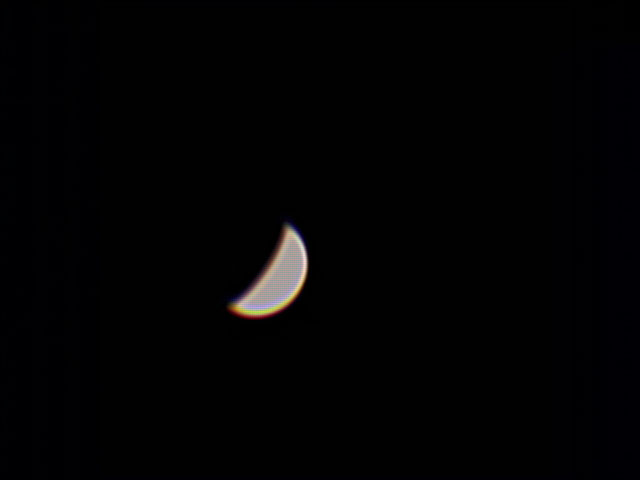
Venus
Venus is the second planet outward from the sun and comes closer to Earth than any other. It is also about the same size as earth, made of the same kind of material, but is very different in atmosphere, rotation, and surface temperature. Because of a very dense atmosphere (about 100 times as thick as the Earth's) of nearly all carbon dioxide, Venus experiences a rampant greenhouse effect, which has raised the surface temperature about 500 degrees above its otherwise boiling water range. Thus, Venus is actually hotter than Mercury and is covered with clouds which prevent a visual inspection of the surface. Thanks to spacecraft which have landed thereon, and radar mapping, we know that there are active volcanos on Venus, as well as some high mountains but most of the surface is gently rolling hills, pocked with a few craters. The planet rotates very slowly, actually taking longer to spin once on its axis than to go all the way around the sun; thus the planet has a 'day' that is longer than its 'year'. Venus is the brightest object in the sky outside of the sun and the moon and is often called the 'morning' or 'evening' star.
 |
Taken September, 2006, with the C-14 and the Celestron Planetary camera. |